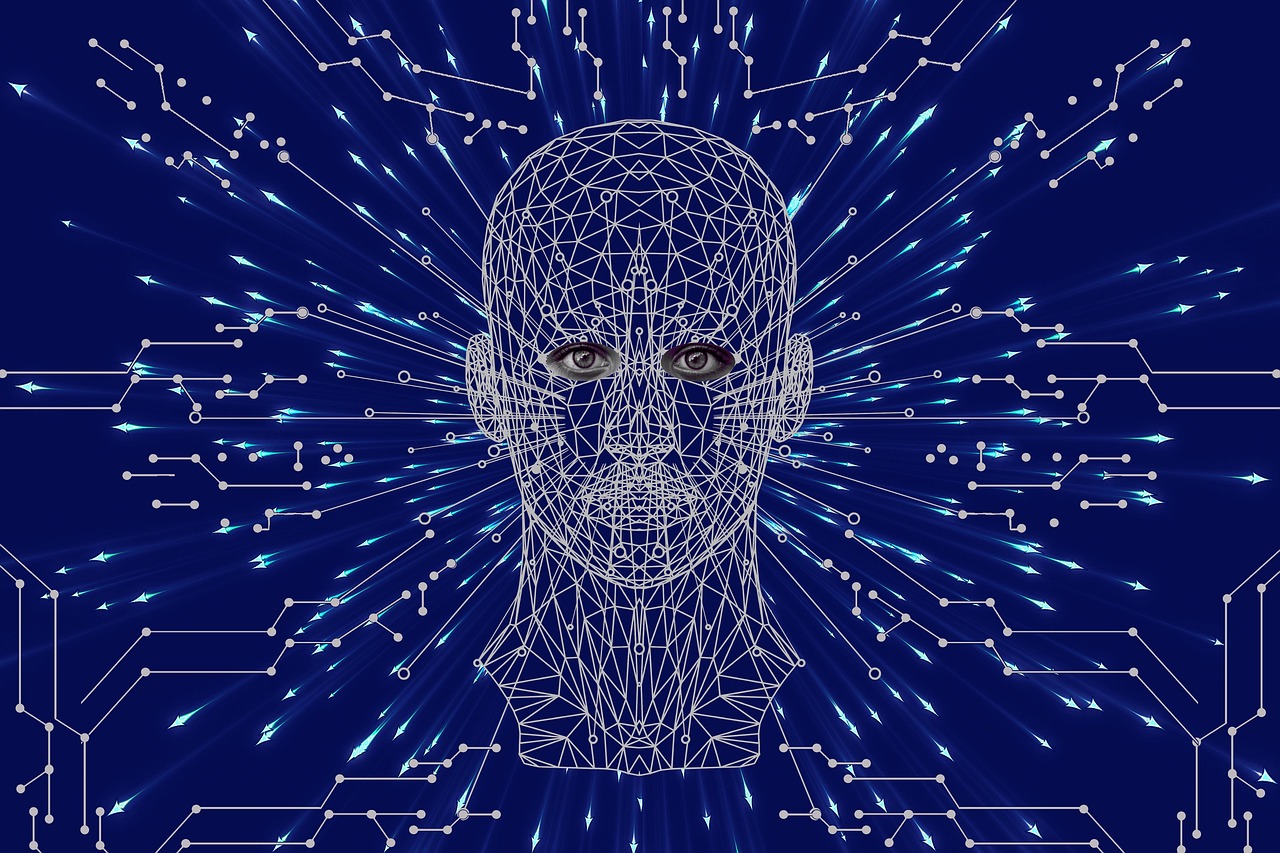Quantum Computing: The Next Frontier of Technological Evolution
Introduction :
Technology has advanced rapidly over the last few decades, driven by innovations in electronics, software, communication, and artificial intelligence. However, as we approach the limits of classical computing, a new kind of machine promises to take problem-solving to an entirely new level — Quantum Computers.
Quantum computing is not just an upgrade to traditional computers; it is a completely different approach to computation. It uses the principles of quantum mechanics to process information in ways that were previously impossible. With the potential to revolutionize industries like cryptography, medicine, material science, and artificial intelligence, quantum computing is rapidly emerging as a game-changer.
This comprehensive blog will guide you through the world of quantum computing: what it is, how it works, its key concepts, real-world applications, benefits, challenges, and future potential.
________________________________________
What is Quantum Computing?
Quantum computing is a type of computation that leverages the quantum-mechanical phenomena of superposition, entanglement, and interference to perform operations on data. Unlike classical computers, which use bits (0s and 1s), quantum computers use qubits, which can exist in multiple states simultaneously.
This ability allows quantum computers to perform complex calculations at speeds unimaginable for classical computers. It’s not about doing the same things faster — it’s about being able to do things that are otherwise impossible.
________________________________________
Key Concepts of Quantum Computing
To understand quantum computing, let’s first explore its foundational principles:
1. Qubits (Quantum Bits)
A qubit is the basic unit of quantum information. Unlike a classical bit that can be either 0 or 1, a qubit can be 0, 1, or both at the same time due to a property called superposition.
2. Superposition
This allows a qubit to be in multiple states simultaneously. It means a quantum computer can process many possibilities at once, giving it exponential processing power.
3. Entanglement
When two qubits are entangled, the state of one qubit is directly related to the state of the other, no matter how far apart they are. This helps in performing parallel computations and establishing ultra-secure communication channels.
4. Quantum Interference
Quantum algorithms rely on interference to amplify correct answers and cancel out wrong ones. It’s a method to guide the computation toward the right solutions.
5. Quantum Gates
Quantum gates manipulate qubits and perform operations. Unlike traditional logic gates (AND, OR, NOT), quantum gates operate in a probabilistic and reversible manner.
________________________________________
How Quantum Computers Work
Quantum computers consist of the following core components:
• Qubit System: Can be made from ions, photons, superconductors, etc.
• Quantum Circuit: Performs operations using quantum gates.
• Quantum Processor: Executes the algorithm on qubits.
• Cooling System: Maintains near-absolute-zero temperatures to reduce errors and noise.
• Classical Interface: Controls and interprets results from quantum processes.
________________________________________
Classical vs. Quantum Computers
Feature Classical Computer Quantum Computer
Basic Unit Bit (0 or 1) Qubit (0, 1, or both)
Processing Style Sequential Parallel (many at once)
Speed Fast Exponentially faster
Memory Usage High Minimal with qubits
Applications General Specialized, complex tasks
________________________________________
Applications of Quantum Computing
1. Cryptography
Current encryption systems rely on the difficulty of certain math problems. Quantum computers can solve these problems much faster, potentially breaking today’s encryption but also paving the way for quantum cryptography, which is nearly unbreakable.
2. Drug Discovery
Simulating molecules and chemical reactions is incredibly complex for classical computers. Quantum computers can model these interactions accurately, helping to discover new drugs and treatments faster and at a lower cost.
3. Financial Modeling
Quantum algorithms can evaluate risk, simulate economic scenarios, and optimize portfolios with more accuracy than traditional systems.
4. Weather Forecasting
Quantum computing can analyze and predict weather patterns and climate change more precisely by processing enormous datasets and complex models.
5. Artificial Intelligence (AI)
Quantum Machine Learning (QML) can dramatically improve training times for models, enable new types of pattern recognition, and unlock new AI applications.
6. Logistics and Supply Chain
Quantum algorithms can optimize routes, reduce waste, and streamline global supply chains with unprecedented efficiency.
7. Energy Systems
Quantum computers can simulate materials for better solar cells, batteries, and superconductors, revolutionizing the energy sector.
________________________________________
Benefits of Quantum Computing
✅ Unmatched Processing Power
Quantum computers can solve problems that would take classical computers millions of years.
✅ Solving Intractable Problems
Problems in optimization, simulation, and machine learning that are beyond current capabilities can be tackled with quantum systems.
✅ Enhanced Security
Quantum encryption methods like Quantum Key Distribution (QKD) offer ultra-secure communication.
✅ Scientific Breakthroughs
From physics to chemistry, quantum computing will enable discoveries that could change our understanding of the universe.
________________________________________
Challenges in Quantum Computing
❌ Error Rates and Noise
Qubits are fragile and error-prone. They require extreme conditions to operate and still face decoherence.
❌ Scalability
Building a quantum computer with thousands of stable qubits is an ongoing challenge.
❌ Cost
Quantum systems are incredibly expensive to build and maintain.
❌ Algorithm Development
Very few algorithms are currently designed to take full advantage of quantum systems.
❌ Ethical Concerns
Just like AI, quantum computing could lead to ethical issues like mass surveillance, unemployment, and misuse in warfare or cybercrime.
________________________________________
Leading Companies in Quantum Computing
• IBM – Offers the IBM Quantum Experience and Qiskit framework.
• Google – Achieved “Quantum Supremacy” in 2019.
• Microsoft – Working on topological qubits via Azure Quantum.
• Intel – Researching quantum chips and cryogenic controls.
• D-Wave – Focuses on quantum annealing for optimization problems.
________________________________________
Programming Quantum Computers
Quantum computers use quantum programming languages, such as:
• Qiskit (Python-based) – Developed by IBM.
• Cirq – Google’s quantum framework.
• Q# – Developed by Microsoft.
• Quipper – A functional language for quantum computing.
You need an understanding of quantum theory, linear algebra, and classical computing to build quantum programs.
________________________________________
Future of Quantum Computing
🔮 Quantum Supremacy
Already demonstrated by Google, quantum supremacy refers to solving problems beyond classical capabilities. This will become more common in the coming years.
🌐 Quantum Internet
A secure and super-fast internet, powered by entanglement-based communication.
💊 Personalized Medicine
Real-time simulations of patient-specific treatments using quantum-powered diagnostics.
🏙️ Smart Cities
Optimizing traffic, power grids, and resources with quantum-enhanced decision-making.
🤖 AI + Quantum = Superintelligence?
Combining quantum computing with artificial intelligence may result in a new era of superintelligent systems.
________________________________________
Conclusion
Quantum computing is not just another advancement in technology — it is a paradigm shift. With the potential to solve humanity's greatest challenges and redefine industries, quantum computing is the key to the future. Though still in its infancy, the research, investment, and innovation in this field are growing rapidly.
As we move toward a future powered by quantum algorithms and machines, it’s essential to understand and embrace this transformative technology. Governments, companies, and individuals must collaborate to ensure that quantum computing is developed ethically, securely, and for the betterment of society.
Whether you're a student, a tech enthusiast, or a business owner, keeping an eye on the progress of quantum computing could open up new opportunities and inspire the next big innovation.










